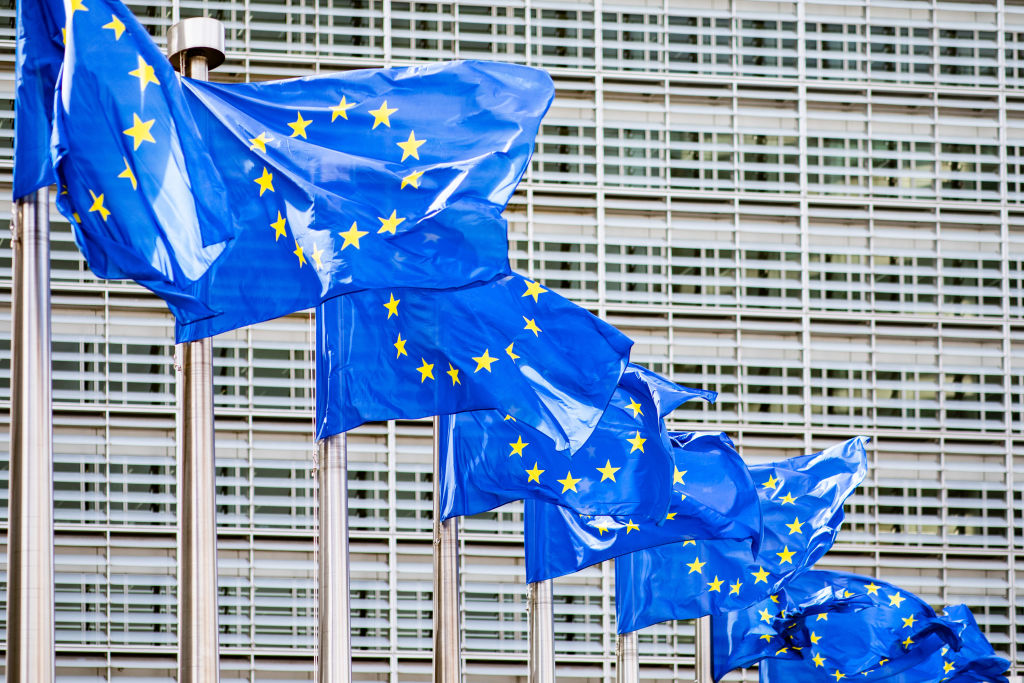In a significant shift, European governments are re-evaluating their dependence on American technology and services. This growing concern has been highlighted in a recent report by The New York Times. The crux of the issue arose when former President Donald Trump imposed sanctions on Karim Khan, the chief prosecutor of the International Criminal Court (ICC), following the court’s issuance of arrest warrants for Israeli officials.
Background of the Situation
This political maneuver sparked outrage and scrutiny, particularly in Europe. In response to the sanctions, Microsoft suspended Khan’s email account, a move that many European leaders interpreted as an alarming precedent. Casper Klynge, a former diplomat and Microsoft executive, remarked that this incident represented “the smoking gun that many Europeans had been looking for.” His comments illuminate the fears surrounding the ramifications of U.S. policy on international organizations and individuals associated with them.
Governments across Europe have begun exploring alternatives to American technology, recognizing that reliance on such services could expose them to extraterritorial pressures. Reports suggest that some ICC staff members have already migrated to alternatives, including the Swiss email service Proton, known for its commitment to privacy and data sovereignty.
Implications for European Technology Policy
The incident has catalyzed a broader discussion on digital sovereignty within Europe. Many officials have begun to advocate for a more self-sufficient technological ecosystem that is less vulnerable to the whims of U.S. political decisions. “If the U.S. administration goes after certain organizations, countries, or individuals, the fear is American companies are obligated to comply,” Klynge articulated, emphasizing a growing apprehension among European leaders regarding data security and digital dependencies.
In response to these concerns, Microsoft has stated that it is making significant policy adjustments to protect its customers from similar scenarios in the future. The company specified that it did not disable the email accounts of four ICC judges who were also sanctioned by Trump, indicating a nuanced approach to its compliance with such directives.
Further demonstrating its commitment to European partners, Microsoft CEO Satya Nadella recently announced new “sovereign solutions” aimed at safeguarding European institutions against potential threats arising from U.S. government actions. These initiatives are intended to build trust and alleviate fears among European stakeholders, aiming to reassure them that their data and communications will be protected from US sanctions and interventions.
Market Response and Future Steps
The market response to this shifting landscape has been noteworthy. European tech industries are mobilizing to call for radical measures to ensure digital sovereignty. In a recent statement from the European Tech Industry Coalition, members expressed the urgent need for comprehensive strategies that include investing in local alternatives and fostering homegrown technology solutions.
- Switzerland-based Proton Mail, which encrypts emails end-to-end, has seen an uptick in adoption from European organizations.
- Reports indicate that spending on local tech solutions in Europe is projected to double over the next five years, reflecting a pivot towards local sovereignty.
- The European Commission has launched initiatives aimed at supporting local tech startups, with a focus on data privacy and security.
These developments indicate that questions of digital sovereignty and independence from U.S. tech giants are becoming paramount in the European political landscape. As the situation evolves, European leaders will need to strike a balance between collaboration with tech companies and the pursuit of self-sufficiency in technology to ensure security and autonomy.
Conclusion
As European governments reconsider their reliance on American technology, the implications extend beyond immediate political concerns. This movement towards digital sovereignty could lead to significant changes in the technology market landscape, encouraging local innovations and fostering a competitive environment. Given the current geopolitical climate, it is evident that the dialogue surrounding technology, governance, and sovereignty is only beginning.
Quick Reference Table
| Topic | Details |
|---|---|
| Incident | Trump sanctions ICC’s Karim Khan |
| Microsoft Response | Suspended Khan’s email, adjusted policies |
| Alternative Solutions | Increased adoption of Proton Mail |
| Future Strategies | Investment in local tech solutions |
| Market Projections | Local tech spending to double in 5 years |

